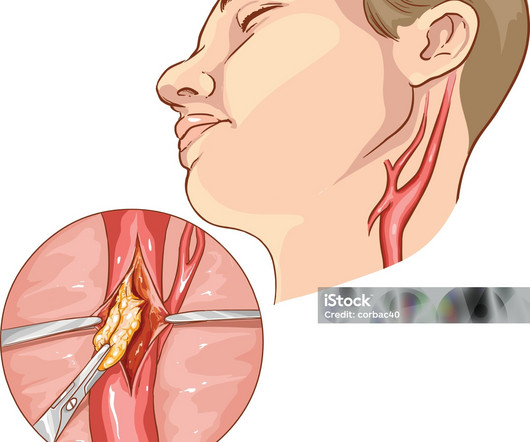When to Go to a Doctor for Chest Congestion: At-home Care vs. Medical Attention
Doctor On Demand
APRIL 16, 2025
When dealing with chest congestion, it’s important to understand potential warning signs, as well as what type of medical care to seek for them. F or higher, chest pain, or blood in your saliva, you should consider seeking medical attention for chest congestion. Ask the doctor what symptoms should trigger a follow-up appointment.












Let's personalize your content